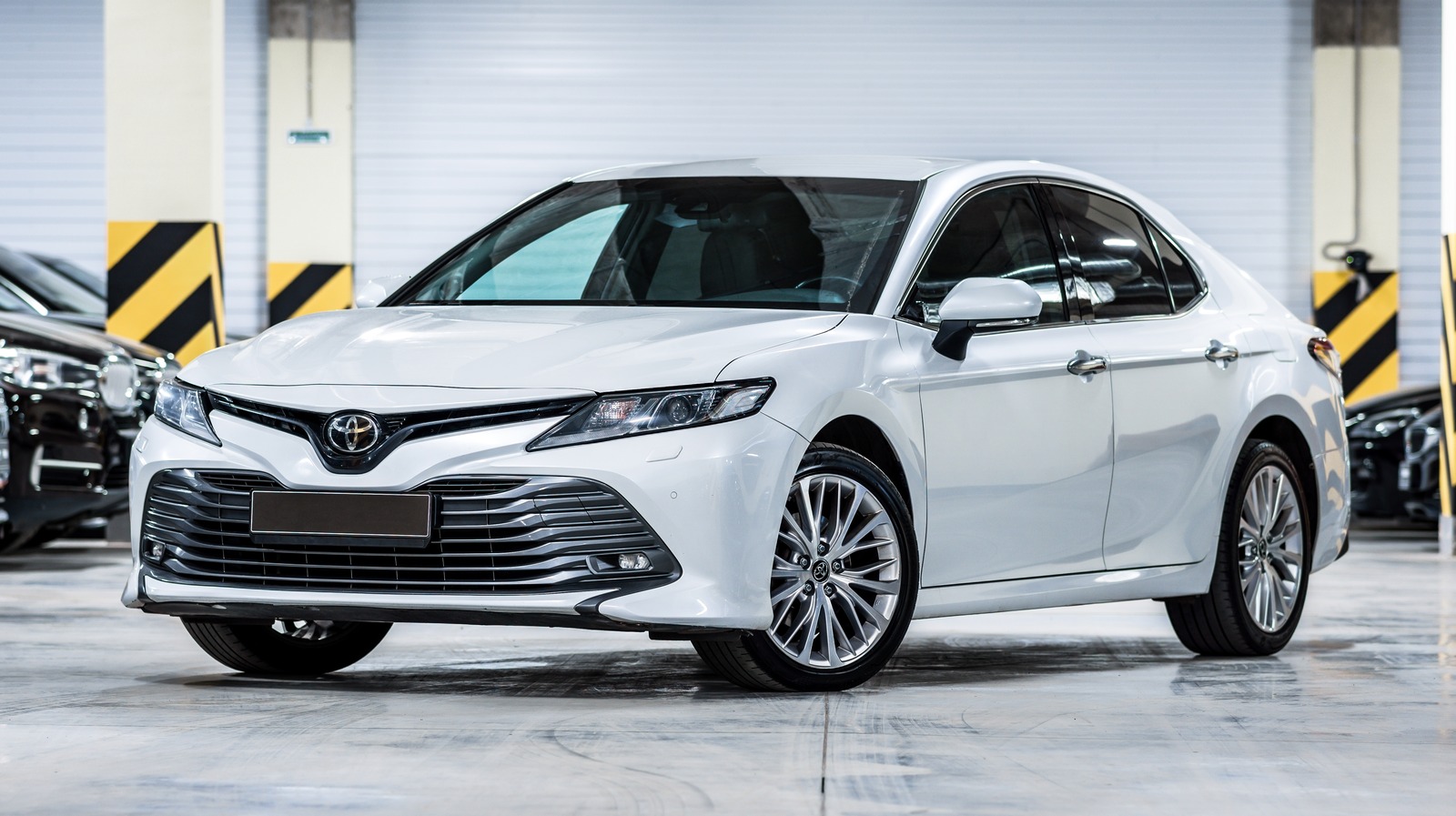In a period where environmental concerns are paramount, car manufacturers are under boosting stress to lower their carbon impacts and accept cleaner, extra sustainable innovations. Among the leaders in this activity is Toyota, a business that has long been devoted to driving modification through ingenious, eco-friendly remedies. With a strong vision for the future, Toyota is working non-stop towards achieving zero emissions, setting the phase for a cleaner, a lot more sustainable transport system.

Toyota's Vision for a Carbon-Free Future. At the heart of Toyota's environmental approach is its objective to attain carbon neutrality by 2050. This ambitious target is main to the company's initiatives to reduce the environmental influence of its cars and manufacturing processes. By embracing zero-emission modern technologies, Toyota is not simply attending to the challenges of environment modification-- it's leading the cost toward a cleaner, greener future for generations to find.
Toyota identifies that achieving carbon neutrality calls for a multi-faceted method. The firm's method goes past simply making zero-emission automobiles (ZEVs); it includes enhancing the sustainability of its whole supply chain, decreasing energy consumption in manufacturing, and finding brand-new ways to lower emissions at every action of an automobile's life process. Toyota is functioning to incorporate environmentally friendly products, sustainable power, and recycling innovations right into all facets of its procedures to minimize its environmental effect.
Zero-Emission Technologies: The Future of Mobility. Toyota has actually currently made substantial strides in the growth of zero-emission innovations, consisting of battery electrical vehicles (EVs) and hydrogen fuel cell automobiles (FCVs) The business's Toyota Mirai, a hydrogen-powered automobile, is just one of the most famous instances of its commitment to zero-emissions flexibility. With the ability to produce no tailpipe exhausts, the Mirai works on hydrogen, launching just water vapor as a result.
Hydrogen fuel cell modern technology stands for an encouraging option to typical fuel engines and also battery-electric vehicles in specific markets. The benefit of hydrogen exists in its ability to supply longer driving arrays and brief refueling times contrasted to numerous current EVs, making it a perfect solution for long-distance traveling and business transportation. Toyota is investing greatly in expanding the availability of hydrogen refueling stations, making the shift to gas cell cars a lot more viable for customers worldwide.
In enhancement to hydrogen, Toyota is also expanding its schedule of battery electric vehicles (EVs) The business's bZ series of electric cars marks a significant step towards a future powered by tidy energy. These fully electric automobiles include cutting-edge innovations, sleek designs, and zero-emission abilities, better cementing Toyota's dedication to reducing exhausts and promoting sustainability. The Toyota bZ4X, an all-electric SUV, provides an environmentally friendly alternative for consumers looking for a car that is both ecologically accountable and versatile enough for day-to-day usage.
Lasting Production and Eco-friendly Advancement. Toyota's commitment to no emissions goes beyond just the vehicles it produces; it encompasses the way the company makes them. Toyota has actually executed several lasting methods in its production plants to lower energy usage, water consumption, and waste. The business is increasingly counting on eco-friendly power resources to power its international manufacturing facilities, which aids reduce the carbon footprint of its manufacturing processes.

Additionally, Toyota is constantly functioning to enhance the recyclability of its lorries. The business is researching means to incorporate more lasting materials right into its lorries, such as bio-based plastics and recyclable steels, which will better minimize the ecological influence at the end of a vehicle's life. By making use of fewer raw products and taking full advantage of the reuse of resources, Toyota intends to decrease the overall ecological footprint of its vehicles throughout their lifecycle.
The Road Ahead: Broadening Zero-Emission Facilities. Attaining zero exhausts isn't practically developing the appropriate cars-- it's additionally about developing the facilities necessary to support them. Toyota is proactively associated with the development of billing stations and hydrogen refueling networks to ensure that its zero-emission vehicles have the resources they need to operate successfully. The company is dealing with governments, private firms, and various other automakers to create a substantial network of billing factors for electrical vehicles and hydrogen stations for gas cell automobiles.
The growth of this infrastructure is vital for making zero-emission vehicles a lot more accessible and functional for customers. As Toyota remains to lead the means in zero-emission movement, it is likewise buying partnerships and cooperations that will certainly help speed up the fostering of clean transport worldwide.
Conclusion. Toyota's dedication to absolutely no exhausts represents a vibrant and transformative change in the automobile industry. With a clear vision for a carbon-neutral future, Toyota is purchasing a diverse variety of zero-emission technologies, including battery electrical vehicles and hydrogen gas cell cars, to create a cleaner, greener globe. The business's initiatives to improve the sustainability of its production processes and expand zero-emission facilities further demonstrate its dedication to driving change and lowering its environmental impact.
As Toyota proceeds to innovate and press the borders of sustainable wheelchair, the road to a zero-emission future is becoming more clear. The business's commitment to carbon nonpartisanship and its introducing operate in eco-friendly modern technologies will not only benefit consumers yet will likewise play a critical function in helping to alleviate the impacts of environment modification and lower the automobile market's ecological impact. With its bold vision and continuous drive for advancement, Toyota is truly driving change-- and leading the way towards a cleaner, much more sustainable world.
Latest Posts
Drive in Style with BMW of Cincinnati North
Is the New Cadillac LYRIQ the Future of Electric Luxury?
From Application to Approval: Experience a Smooth Car-Buying Journey with Our Money Experts
Navigation
Latest Posts
Drive in Style with BMW of Cincinnati North
Is the New Cadillac LYRIQ the Future of Electric Luxury?
From Application to Approval: Experience a Smooth Car-Buying Journey with Our Money Experts
